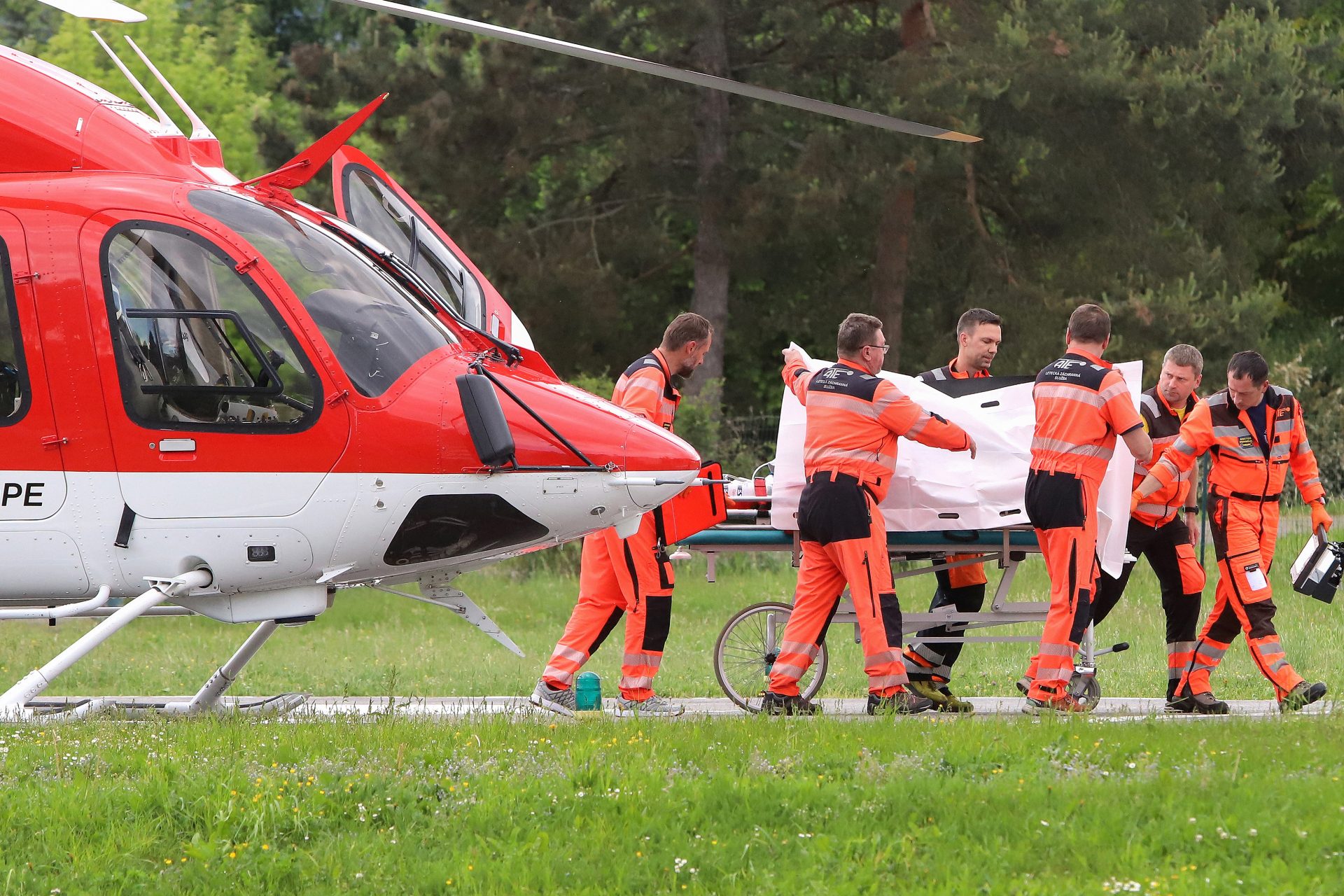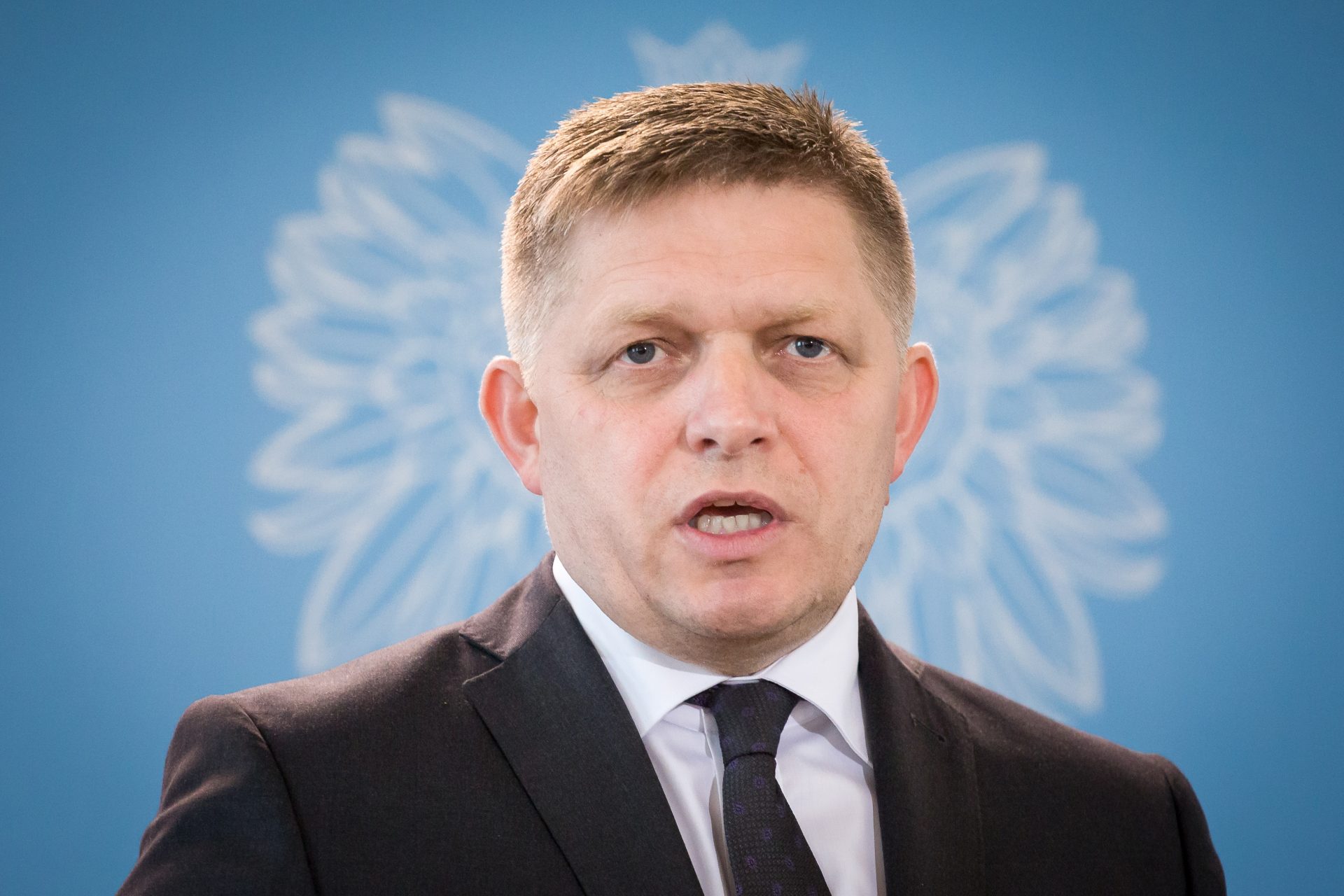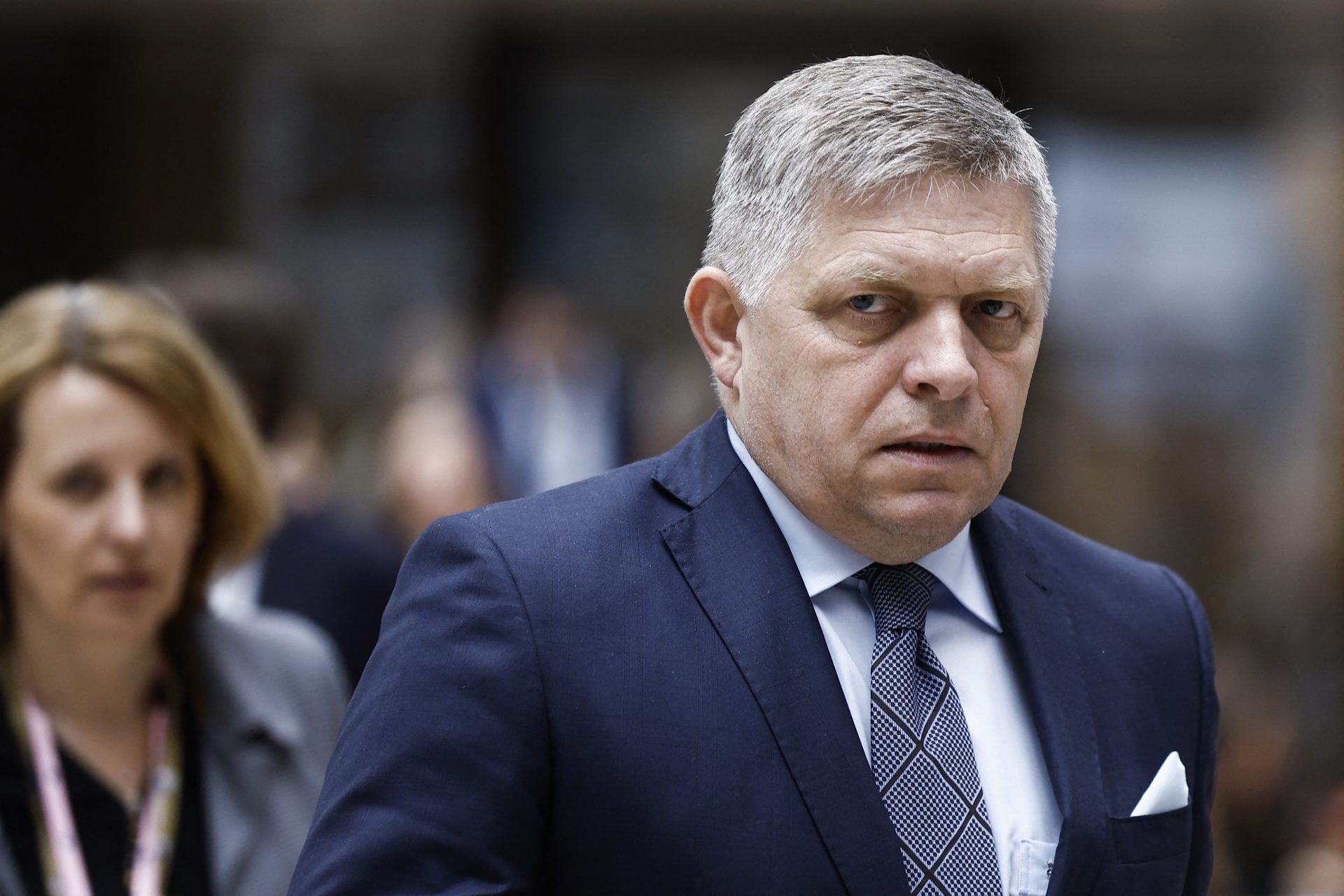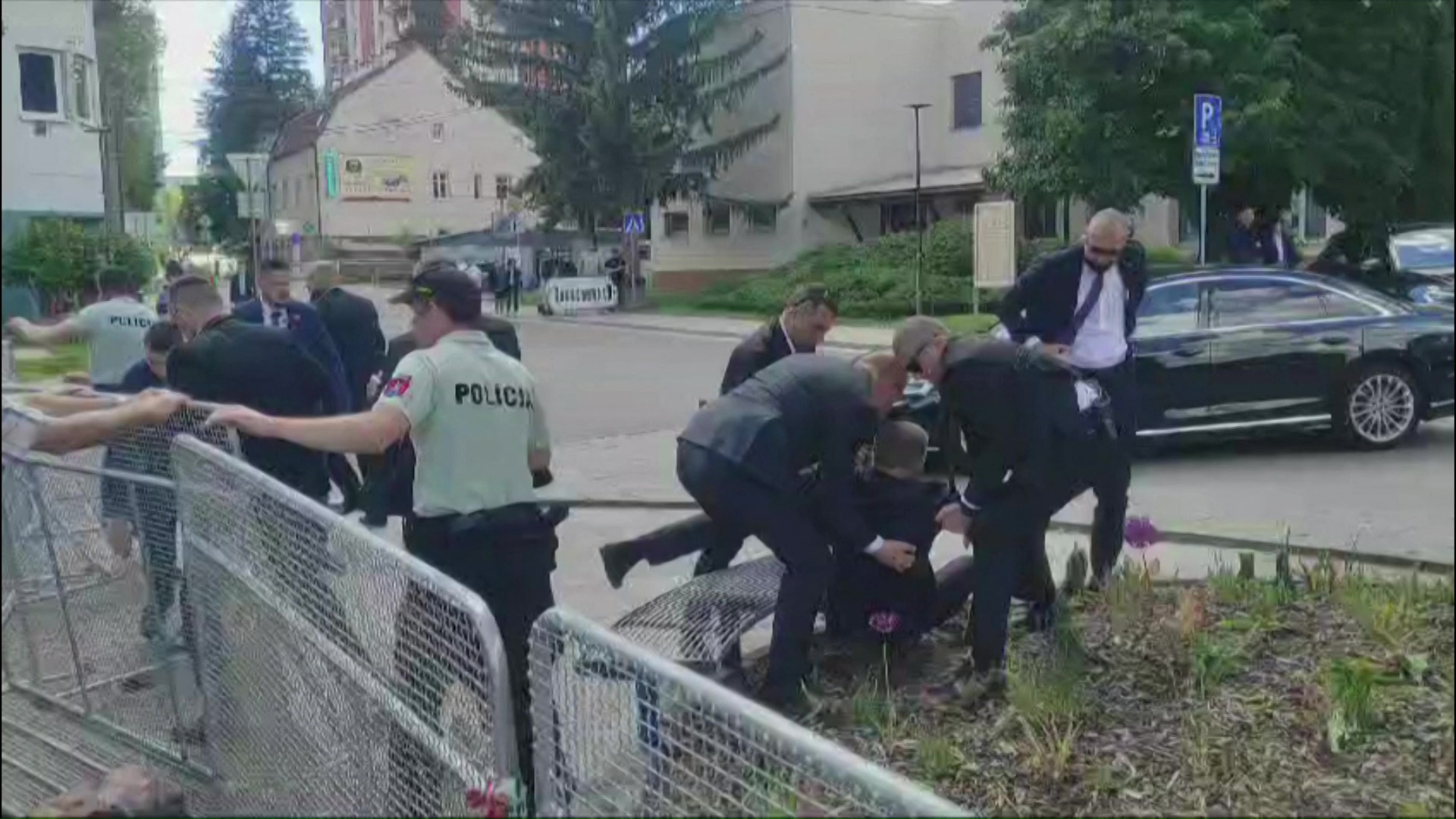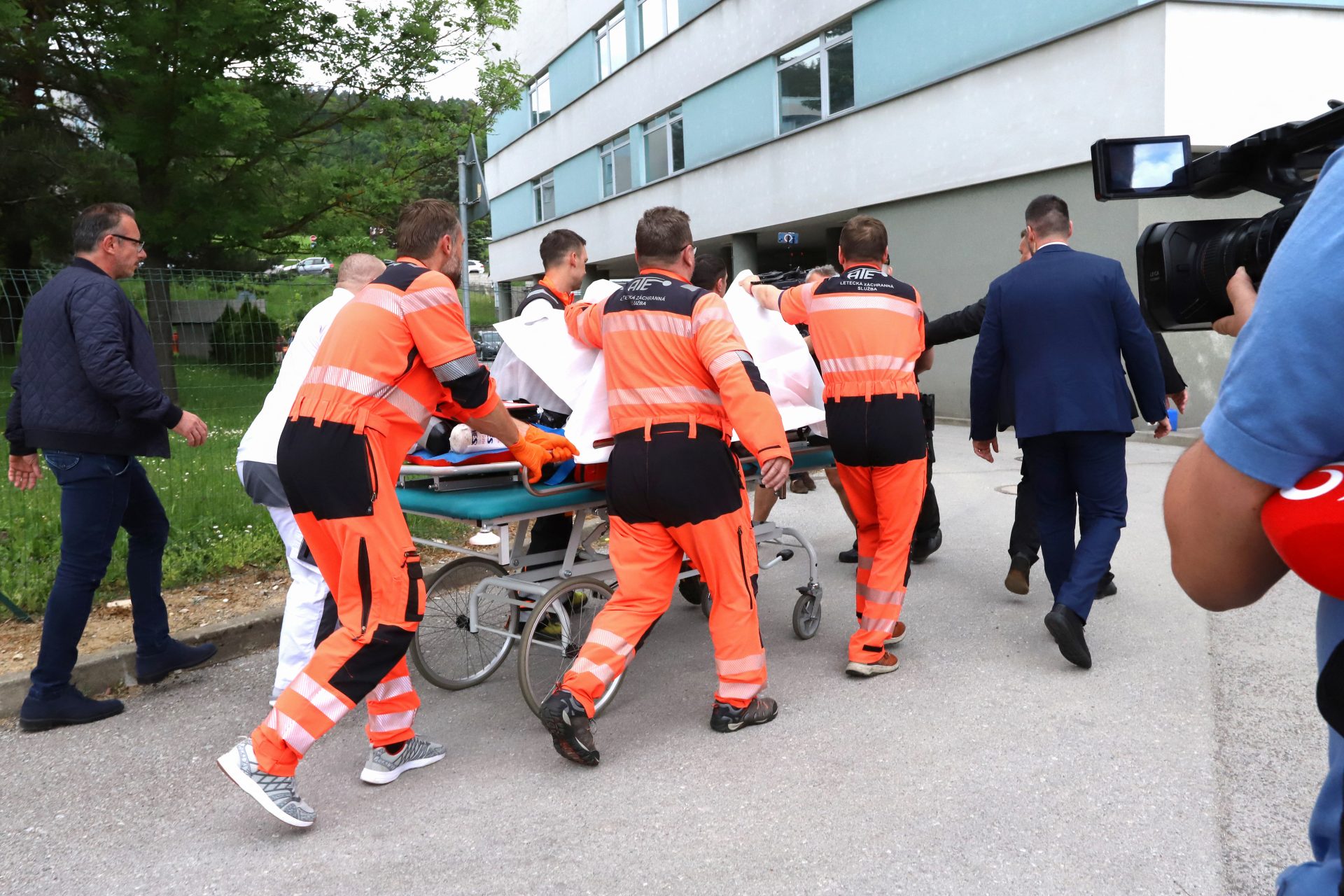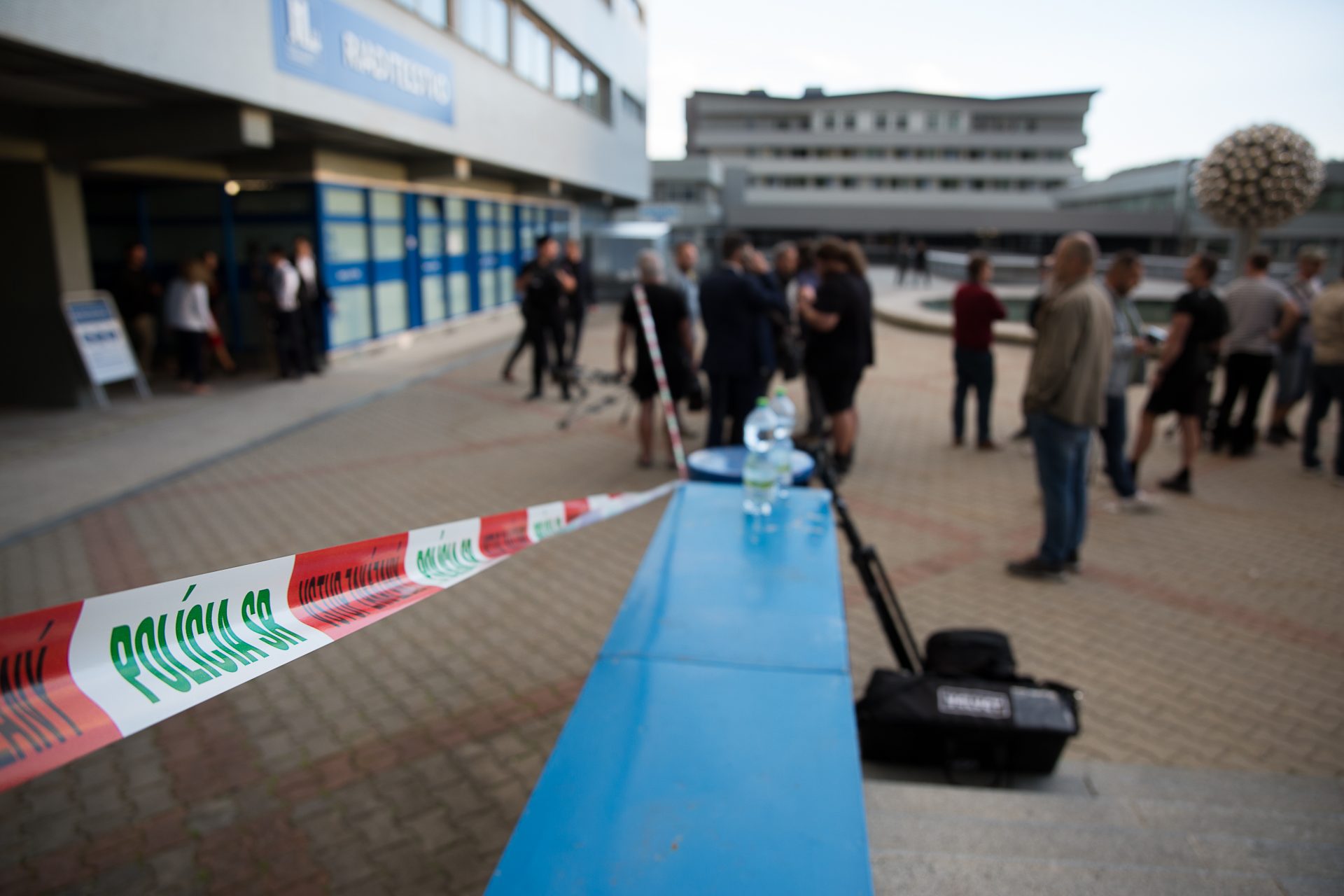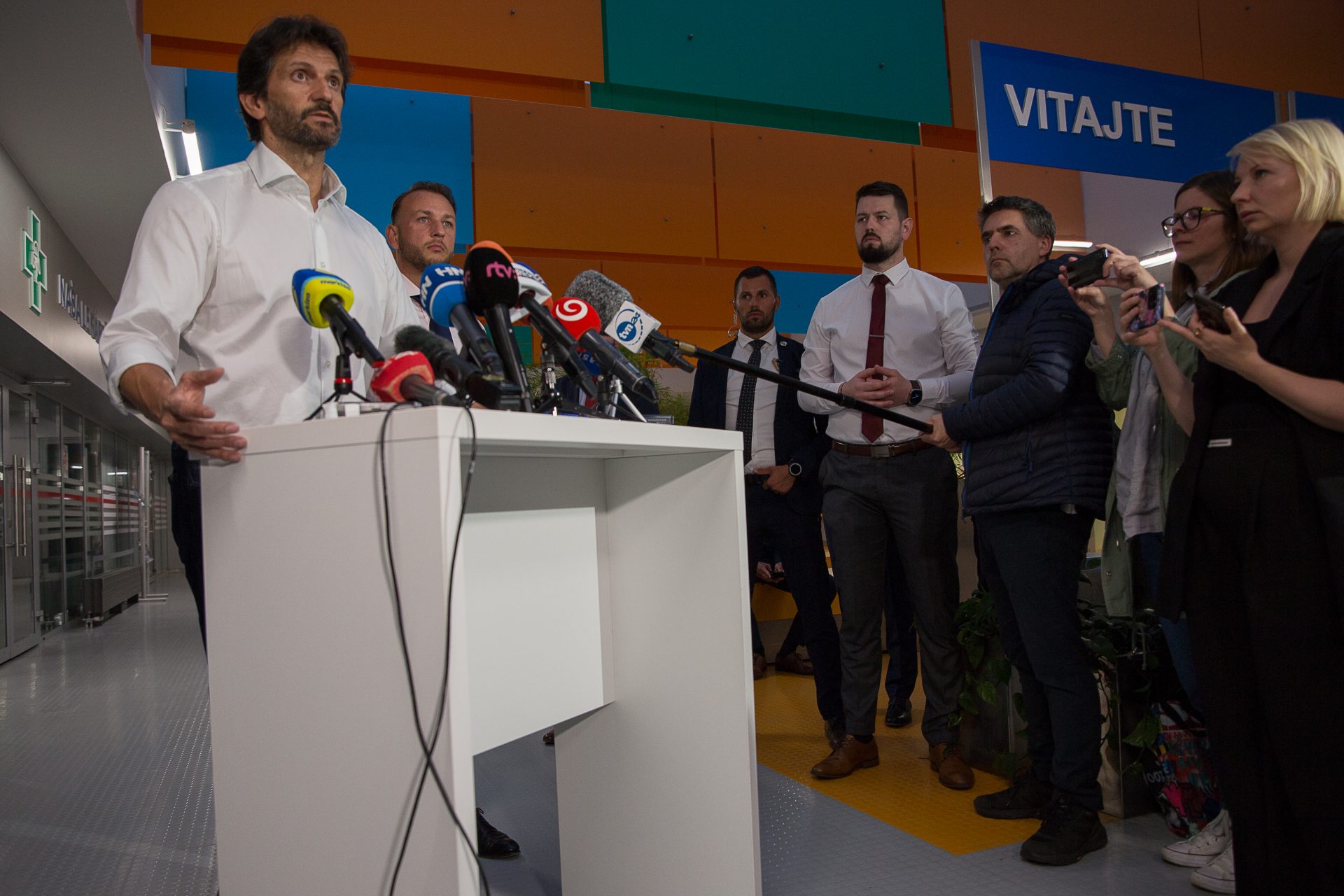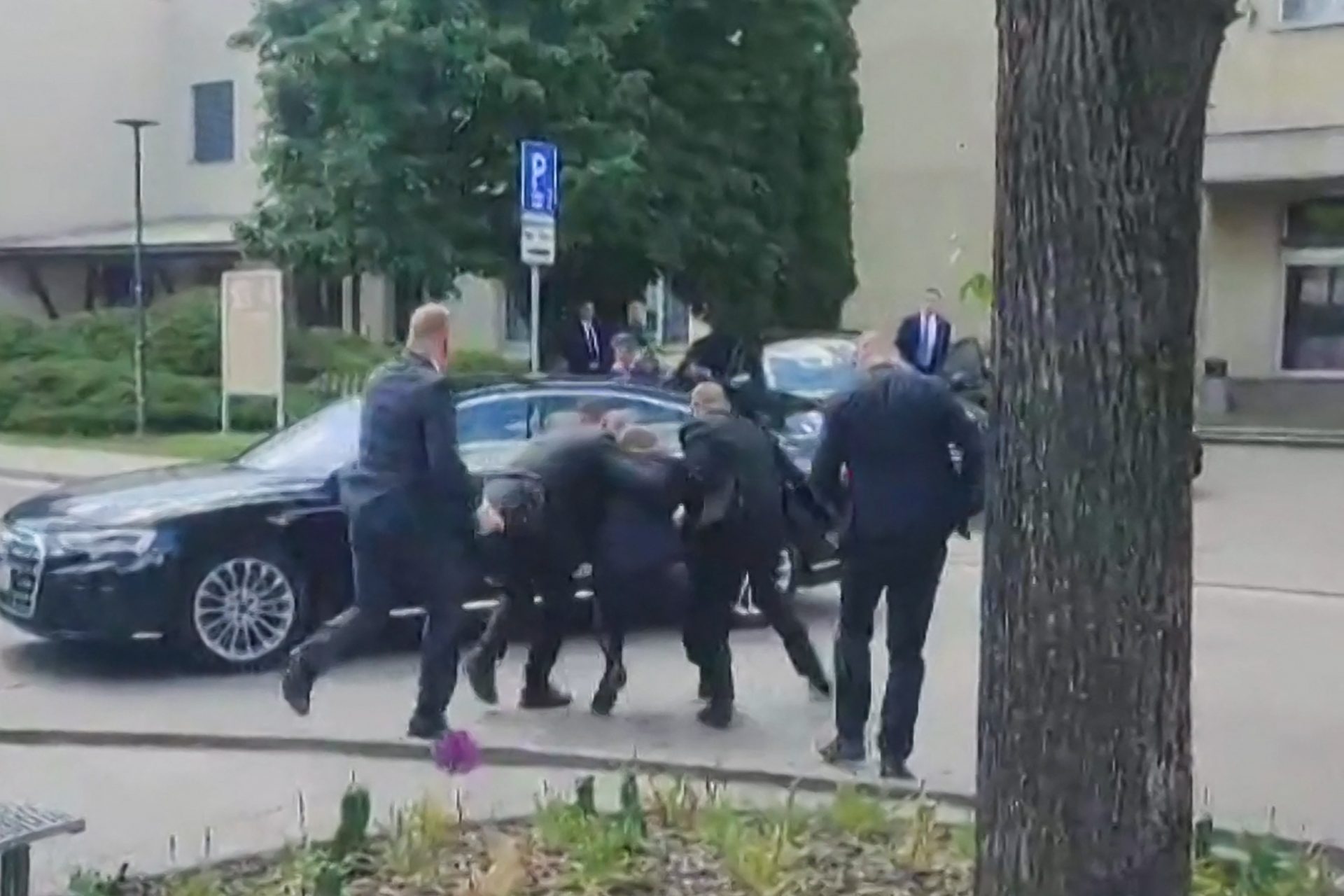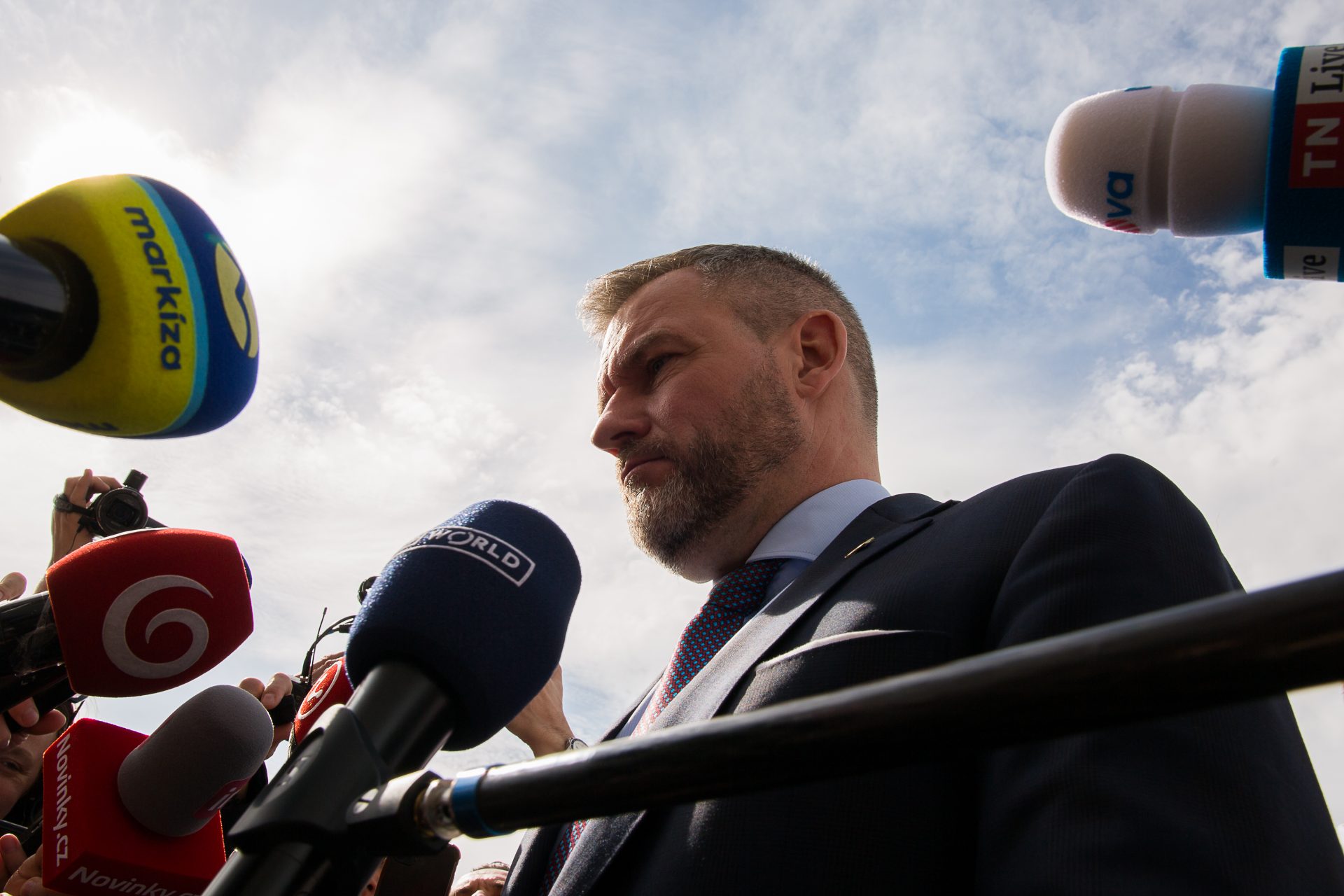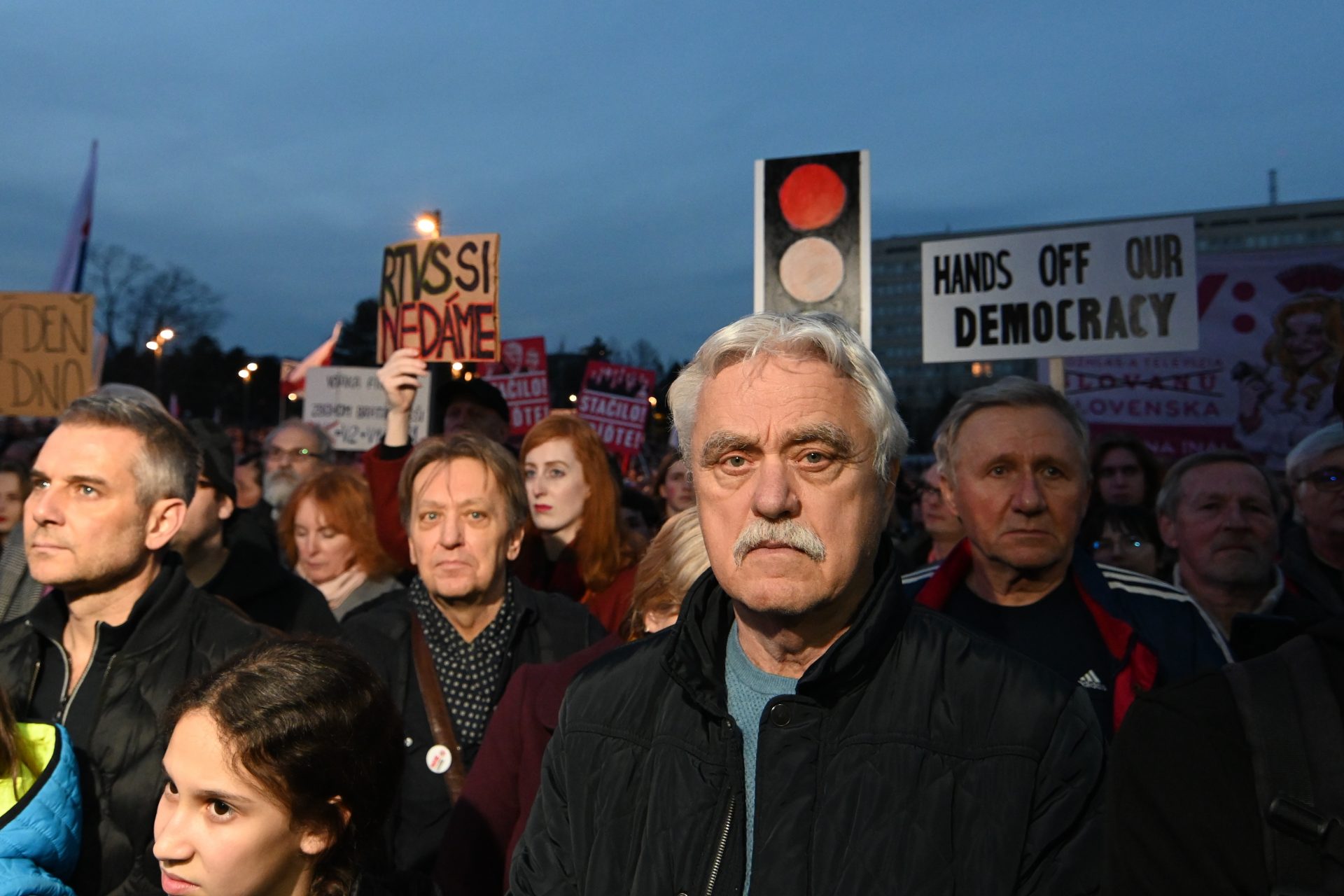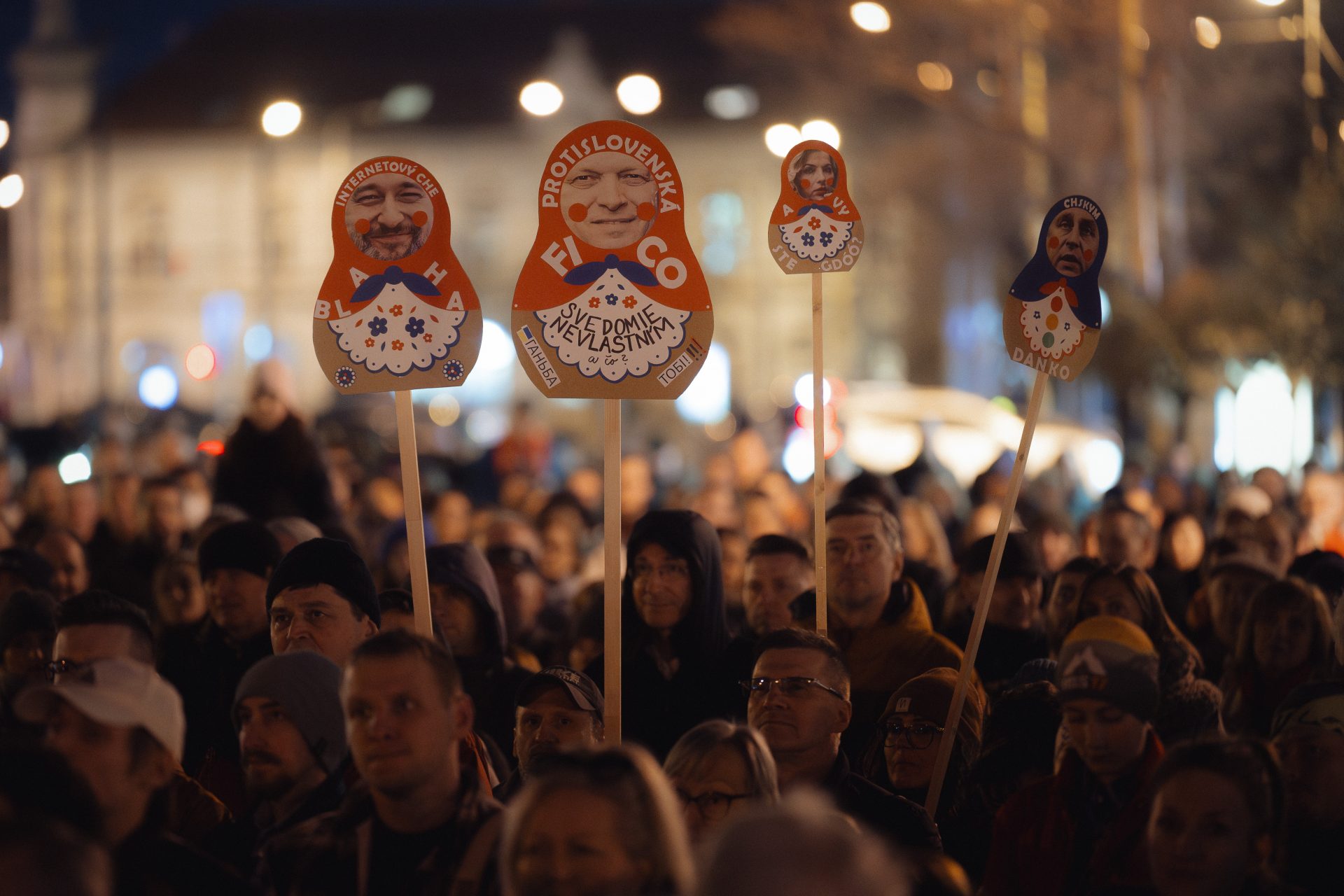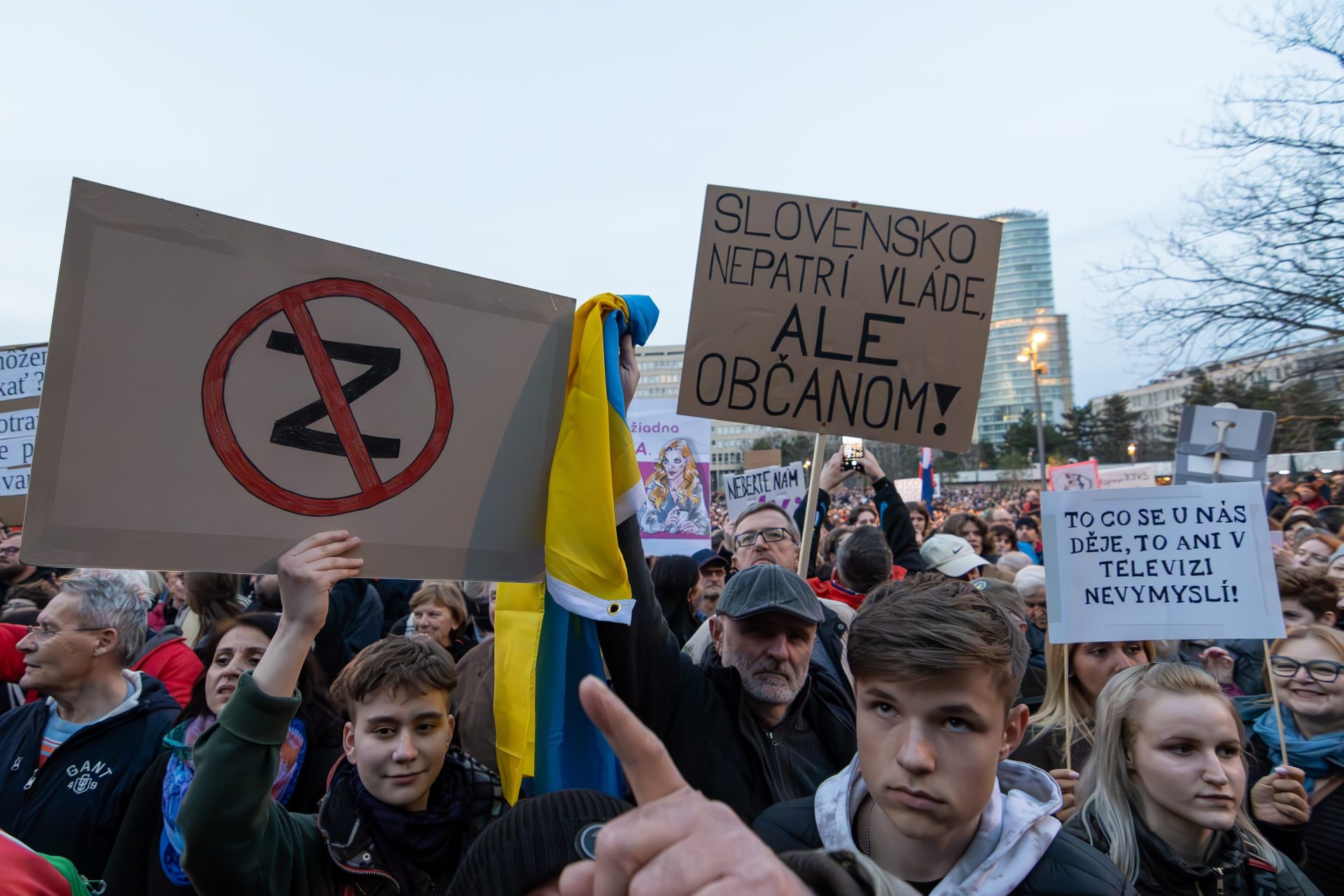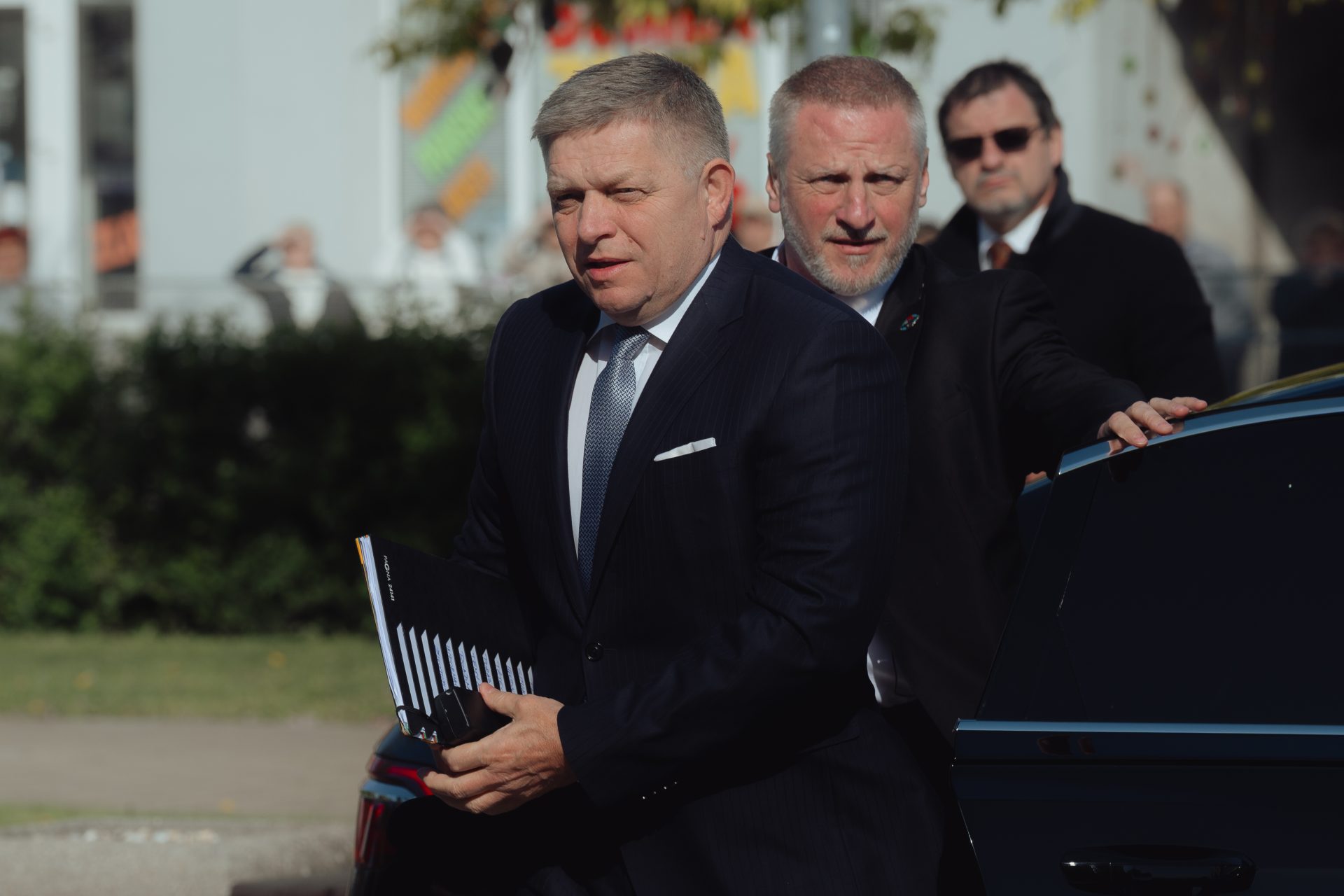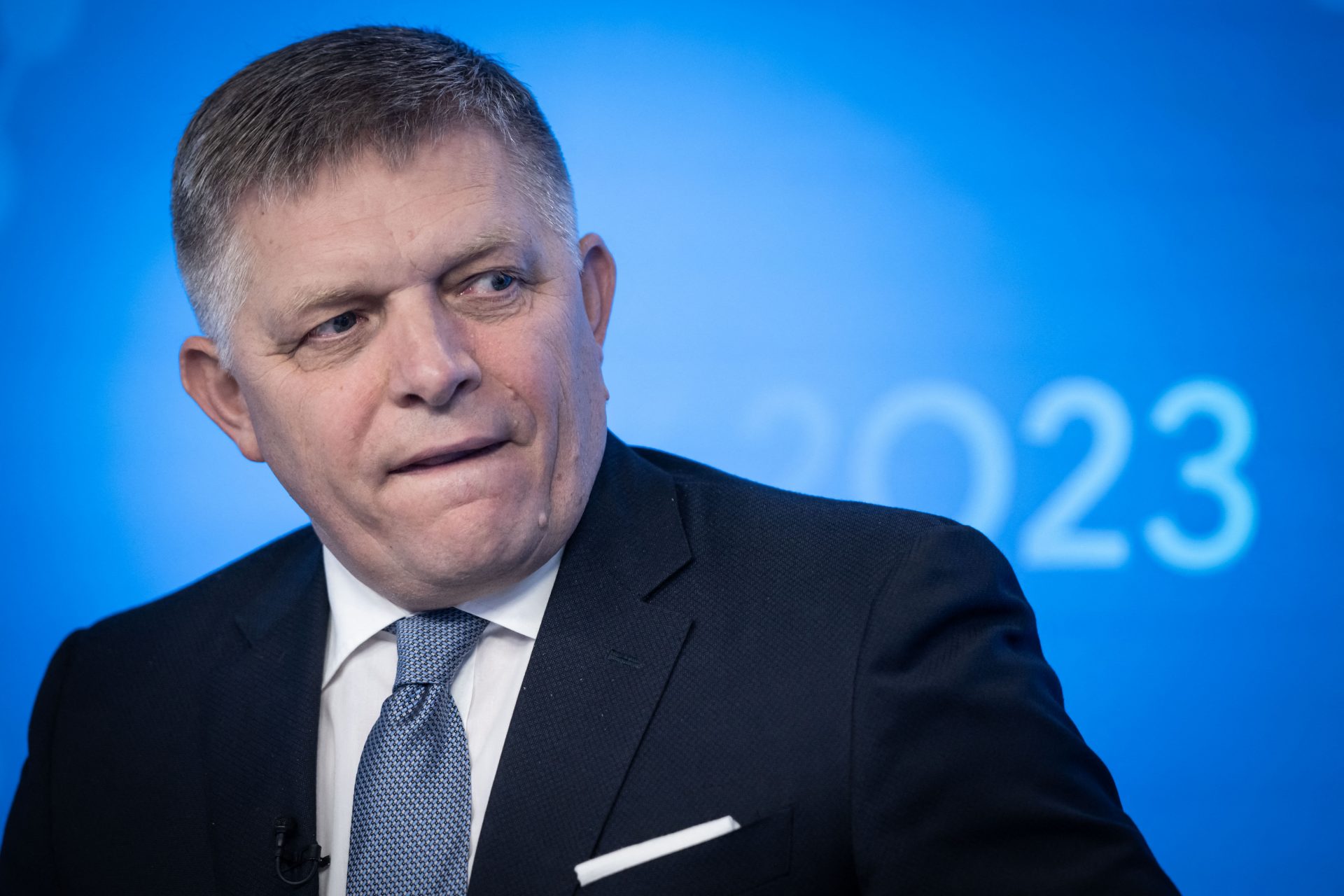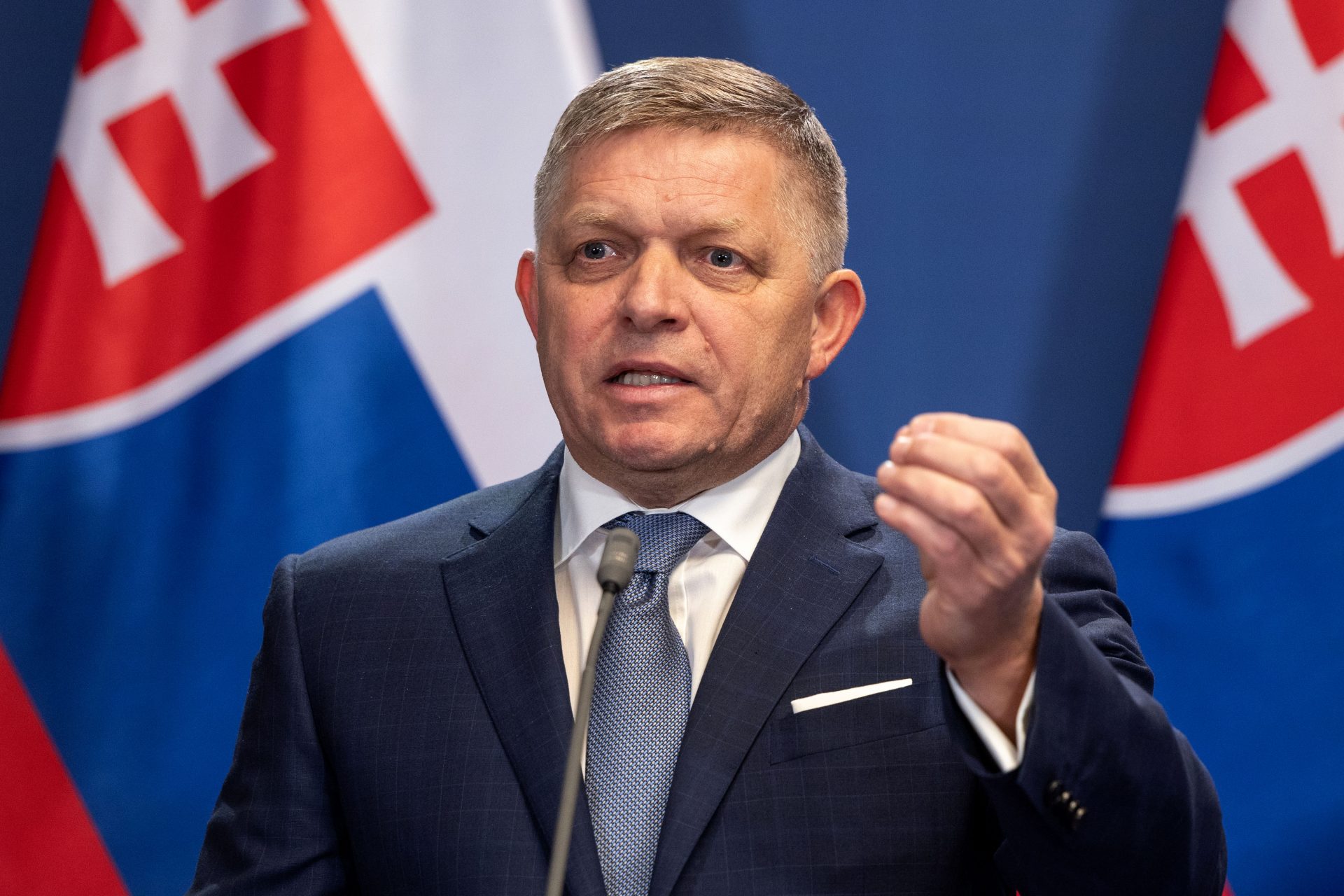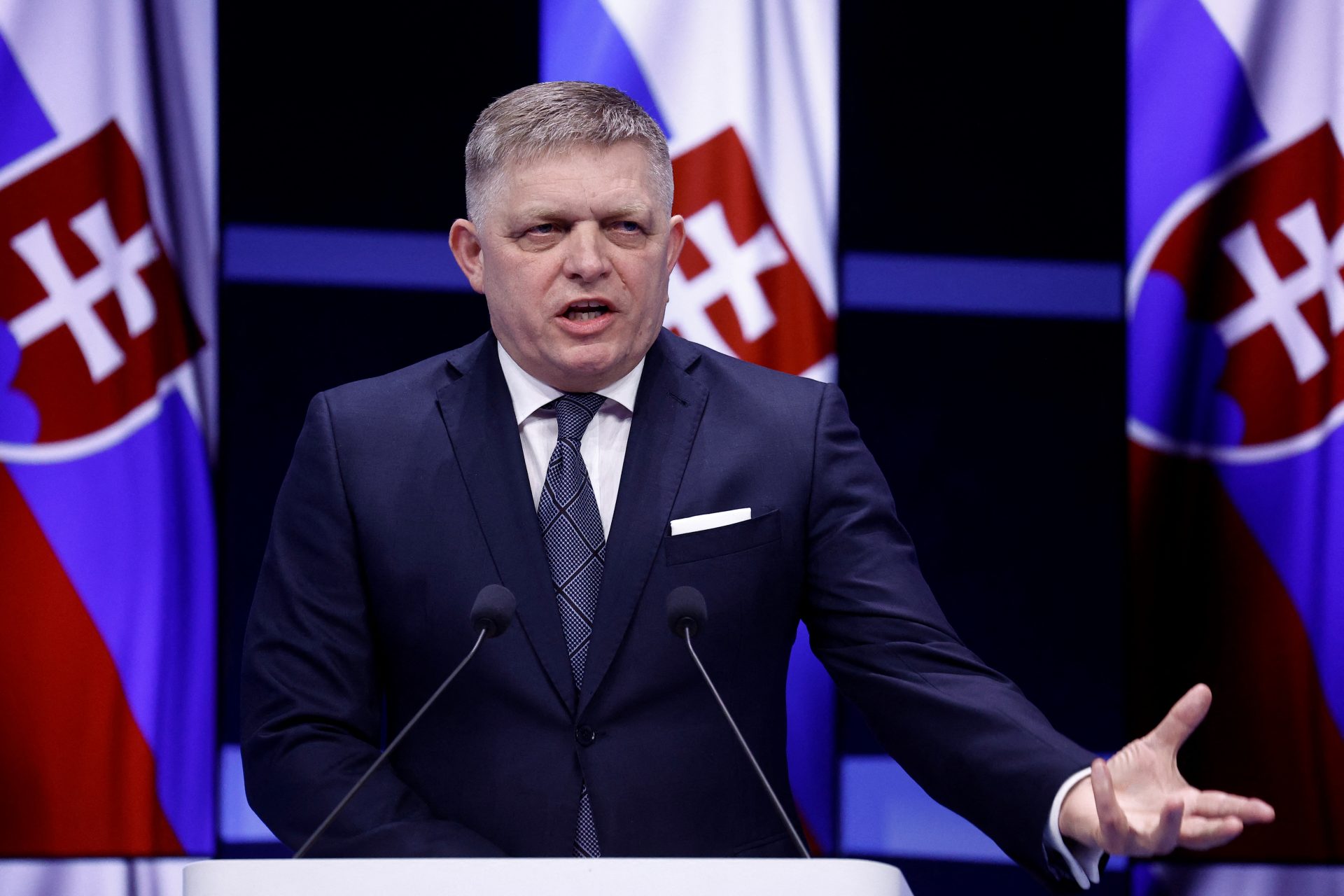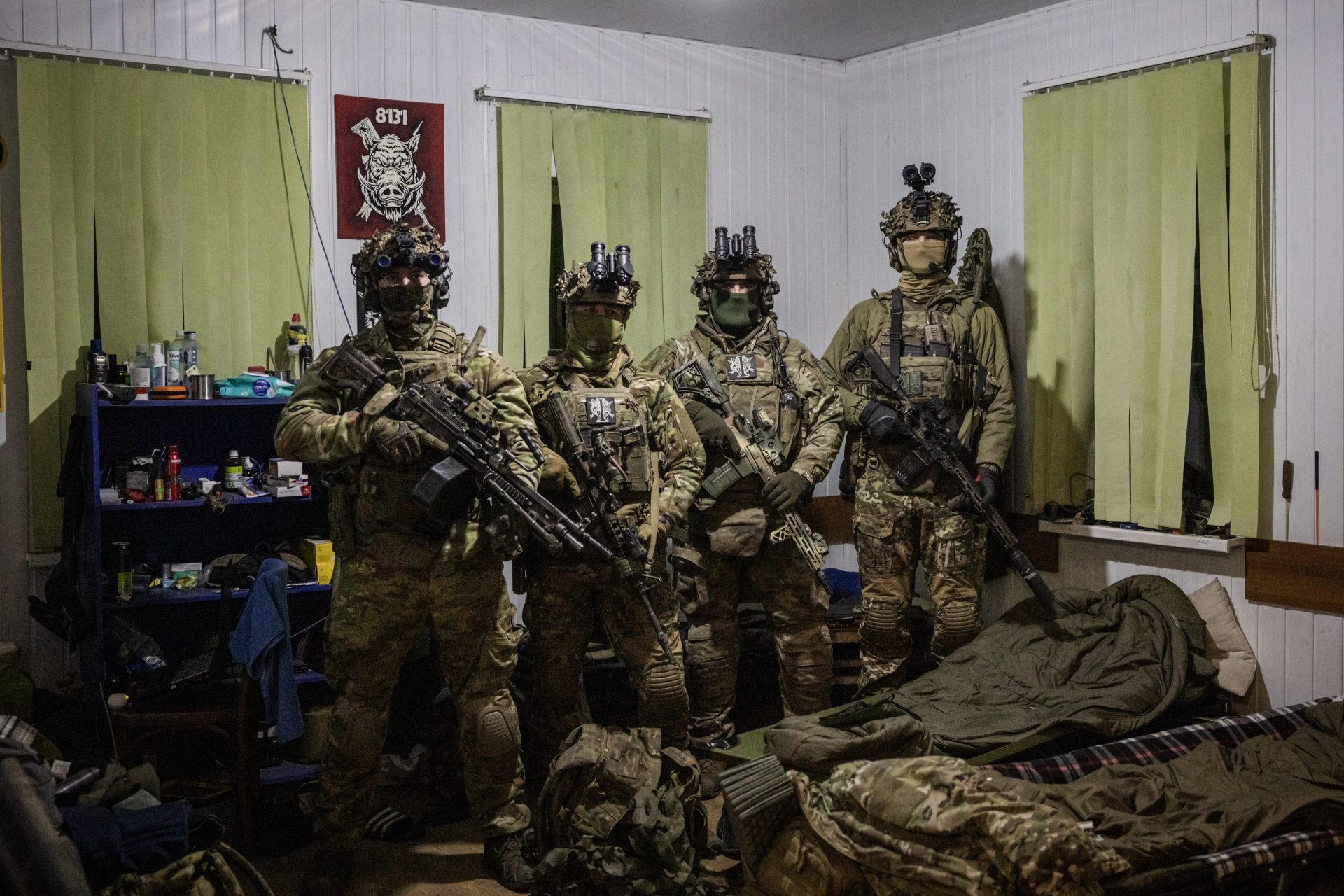Everything we know about the assassination attempt on the PM of Slovakia
It seems that the attempted assassination of the Prime Minister of Slovakia, Robert Fico, will remain just that, an attempt, since everything indicates that he life is no longer in danger, despite being shot several times at point-blank range.
According to the BBC, Minister of the Environment of the Slovak Republic and the deputy prime minister of the country Tomas Taraba told the news outlet Mr Fico's surgery had gone "well" and "I guess that at the end he will survive".
The events that have shocked the world took place in Handlova, a city located about 200 kilometers (around 124 miles) from Bratislava, where a council of ministers had been held, after which Robert Fico had come to greet the citizens.
It was then that one of the citizens who were crowding in the area called to the politician: "Robo (Robert), come closer" and when he did so, he fired four or five shots at the prime minister, according to the Slovakian daily newspaper Denník N.
Robert Fico, 59, was wounded in the abdomen, legs and arms, according to the aforementioned media, and was quickly transferred to the Roosevelt Hospital in Banská Bystrica in critical condition, where he underwent surgery for several hours.
In a statement from the Government, they indicated that the prime minister remained in critical condition and that the next 24-48 hours were going to be decisive in knowing the evolution of his health.
The Minister of Defense, Robert Kalinak, confirmed the "extremely serious" condition of Robert Fico, in an appearance before the media, in which he said he trusted in "the good constitution of the prime minister and modern medicine" for his companion's recovery.
Meanwhile, the aggressor was quickly subdued and identified as Juraj Cintula, 71 years old and with a weapons license, as he had worked as a security guard, according to the Slovak press.
The attempted assassination of the Slovak prime minister has been condemned, both inside and outside the country, but it has been from within that the harshest criticism has come, led by the elected president Peter Pellegrini (he will be sworn in on June 15), who has stated that he is horrified by "knowing where political hatred can lead."
As highlighted by the BBC, the attempted assassination of the Slovakian leader occured on the same day that the country's parliament was set to discuss a governmental proposal to eliminate Slovakia's public broadcaster RTVS.
The proposed reform of the public broadcaster has been very unpopular with Slovak citizens and in recent weeks thousands of Slovaks hit the streets to protest the proposed reform. An opposition-led protest was cancelled on May 15 when the news of the shooting reached the public.
In an interview with the BBC, Deputy Prime Minister Taraba said "false narratives" by opposition parties in Slovakia were to blame for the shooting.
"Our prime minister several times mentioned in the past that he was afraid that this would happen," Mr Taraba said in another interview with the BBC's World Tonight programme. Adding, "the government was attacked by false narratives can overheat the reaction of people and lead to something like this".
Robert Fico, the head of a populist-nationalist coalition made his return to leadership in Slovakia following September 2023 elections. Fico's first several months as prime minister have been filled with controversy not only in Slovakia but also in the European Union.
Particularly in January of this year when Fico canceled military aid to Ukraine and then made the push to get rid of RTVS, making him highly unpopular among citizens.
Despite his unpopularity, the reality is that Robert Fico, is struggling in the hospital after being shot several times by a citizen. In the next few hours and days there will be more information about his health.
Never miss a story! Click here to follow The Daily Digest.
More for you
Top Stories



